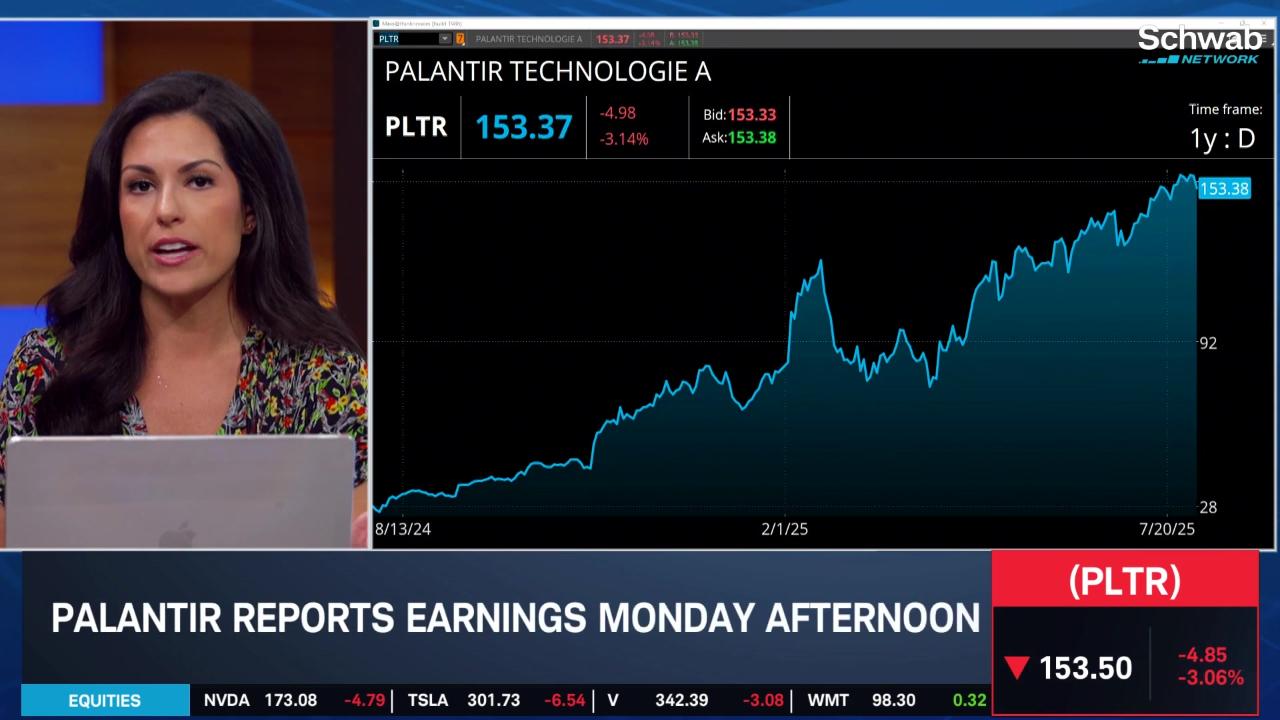- Market Minute
- Posts
- Stock Market Volatility – August Effect
Stock Market Volatility – August Effect

The U.S. stock market experienced a volatile end to July and start to August last week, with all three major indices snapping their winning streaks and posting their worst weekly performances in months. The S&P 500 (SPX) fell 2.4%, the Dow Jones Industrial Average ($DJI) dropped 2.9%, and the Nasdaq-100 (NDX) ended the week down 2.2%.
After solid gains for stocks in the month of July, August kicked off with a dud with the S&P 500 falling 1.6% while the Nasdaq-100 fell nearly 2% on Friday. The July jobs report, released on Friday, came in weaker than expected, with the U.S. economy adding only 73,000 jobs, compared to expectations of 106,000. Downward revisions of 258,000 to the previous two months' data further signaled a slowdown in the labor market. This caused volatility to pop with the CBOE Volatility Index (VIX) rising 22% on Friday to settle at its highest level in six weeks.
Bonds rallied with their inverse yields falling sharply on Friday. The benchmark 10-Year yield fell to 4.22% on Friday and settled at its lowest level in a month. On Wednesday of last week, Fed Chair Powell stated how the jobs market continues to be robust and reiterated the FOMC’s stance to keep interest rates at current levels with no outlook for a rate cut in September. The outlook immediately changed with the July jobs report miss and massive downward revisions to the previous two months. The expectations of a rate cut in September went from 40% after the FOMC meeting to over 80% immediately after the Jobs report on Friday. Fed Chair Powell mentioned that the jobs market will be closely watched for any downside exposure and that came to fruition on Friday.
Escalating trade tensions also pressured markets with the August 1 deadline on Friday. President Trump's announcement of new tariffs on a wide range of goods from numerous trading partners fueled uncertainty and weighed on investor sentiment. The tariffs ranged from 10% to 41% and impacted countries like Canada, Syria, and Taiwan, among others.
And earnings also began to show some cracks in the busiest week for corporate results last week. Earnings season was in full swing, and while many companies exceeded expectations (of the S&P 500 companies that have reported, over 80% have beat consensus estimates according to FactSet), others, like Amazon (AMZN), disappointed investors.
The week ahead promises to be another eventful one for markets, with investors closely watching for further developments on trade policy and the labor market along with more earnings. Several major companies are scheduled to release their quarterly results, including Advanced Micro Devices (AMD), Marriott International (MAR), Amgen (AMGN), and Pfizer (PFE) on Tuesday. Other noteworthy reports include McDonald's (MCD), Uber (UBER), and Walt Disney (DIS) on Wednesday.
August has historically been a weak month for equities so investors may be on edge in the near-term. So far this morning, it looks like a rebound for stocks. Was Friday’s sell-off a one-day event and will the dip be bought? Watch to see if this rally fails, which may signal more downside for stocks. The low volatility rally has finally seen headwinds and may be signaling that summer holiday is over for markets.
Morning Minute
Featured Clip
Tune in live from 8 a.m. to 5 p.m. ET, or anytime, anywhere, on‑demand.
Or stream it via thinkorswim® and thinkorswim Mobile, available through our broker-dealer affiliate, Charles Schwab & Co., Inc
Please do not reply to this email. Replies are not delivered to Schwab Network. For inquiries or comments, please email [email protected].
See how your information is protected with our privacy statement.
Charles Schwab and all third parties mentioned are separate and unaffiliated, and are not responsible for one another's policies, services or opinions. Schwab Network is brought to you by Charles Schwab Media Productions Company (“CSMPC”). CSMPC is a wholly owned subsidiary of The Charles Schwab Corporation and is not a financial advisor, registered investment advisor, broker-dealer, or futures commission merchant.

